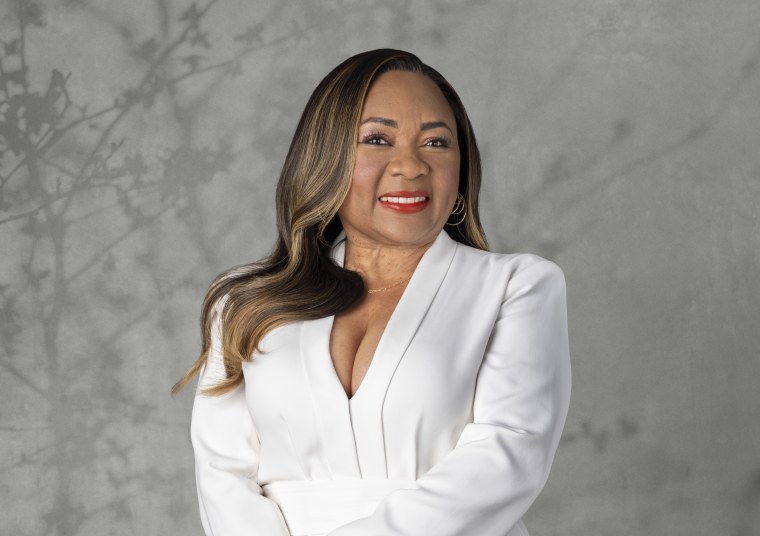Catherine Coleman Flowers has been an activist in some way, shape or form since she was a young girl growing up in Lowndes County, Alabama. But she has arguably had her biggest impact fighting for environmental justice – particularly for those living in marginalized rural America – in her 50s and beyond.
During this timeframe, Flowers, now 64, was appointed to the White House Environmental Justice Advisory Council. She also founded the Center for Rural Change in Environmental Justice, was a recipient of the prestigious MacArthur Foundation “genius grant,” and published her first book on “America’s dirtiest secret.”
America’s dirtiest secret is that the richest country in the world has people living in it without basic sanitation. While the issue exists across the U.S. In 2001, Flowers first shed a light on the problem in her county, where more than 40 percent of the majority-Black residents were found without access to clean sanitation. Residents were previously responsible for paying for damaged home septic systems or they could be fined or even jailed.

Thanks to Flowers’ advocacy, the U.S. Justice Department in May released findings of a year-and-a-half investigation about Lowndes, determining officials discriminated against Black residents.
Flowers, who was honored on Forbes and Know Your Value’s third annual “50 Over 50” U.S. list, said she never imagined that she’d have such a big impact later in life. As a young adult in her 20s and 30s, Flowers thought she’d be a retired soul train dancer by the time she hit 50.
“When I was younger, 50 seemed so old,” said Flowers. “I remember when 25 seemed old and when 30 seemed old. At 50, I thought I would not be able to drive, or hear, or see or anything. So, what I would tell my younger just keep setting goals … I’m a testament that it’s never too late.”
Flowers’ activism started from a young age. In 11th grade, she wrote an expose about the poor conditions and misconduct at her high school, which was segregated in practice, but not through law. That resulted in the creation of a community advocacy group, lawsuit and the resignation of the school’s principal. She also gained experience in mass protesting as a student at Alabama State University.
She attributed her advocacy work to her parents, who were active in the Civil Rights movement. “I saw them being active until their death,” said Flowers. “…They were very involved and very engaged. I think that’s the reason I can do the work I’m doing now.”
And now, Flowers said she wants to inspire the next generation of activists, predicting their biggest challenges will be climate change and civil rights.
“I want them to know that they're being heard because I'm inspired by them,” she said. “I want the work that I do to benefit the generations to come.”

